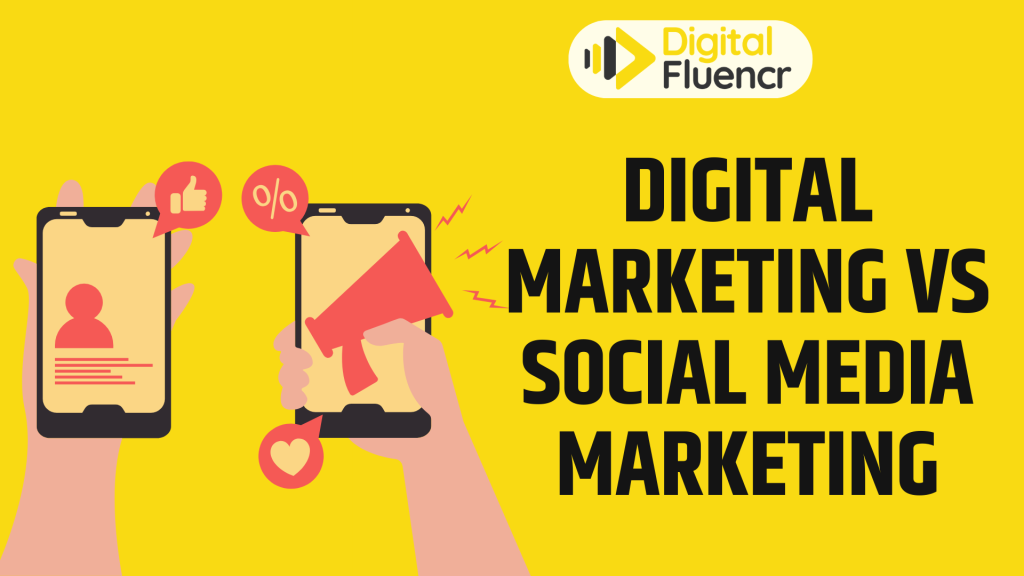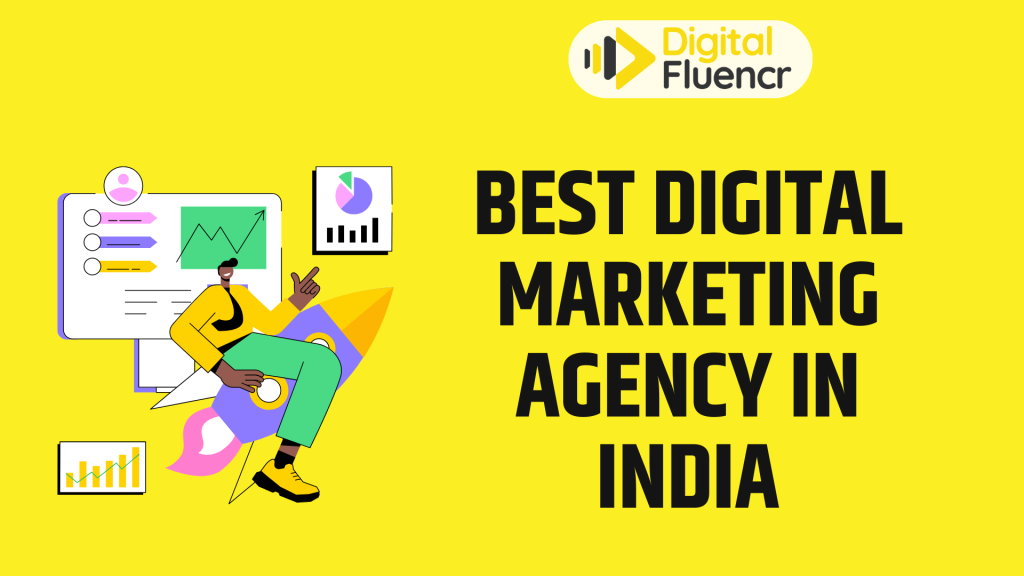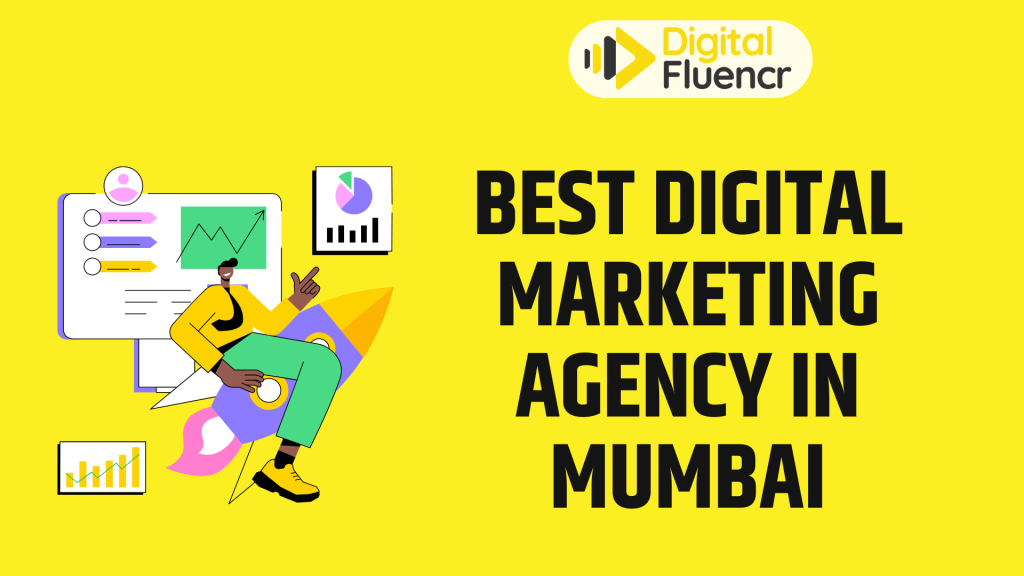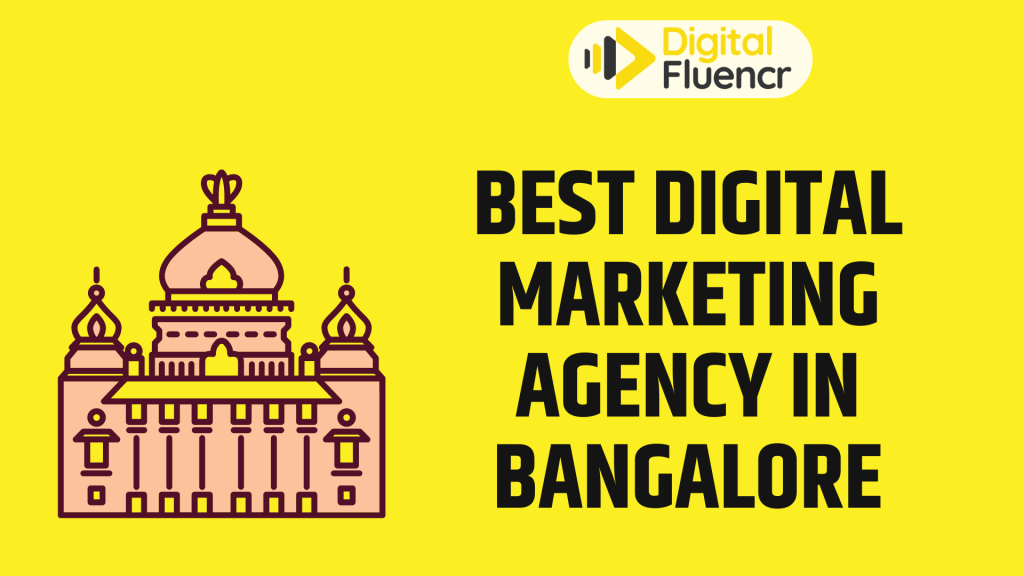Digital Marketing Vs Social Media Marketing, Which one is better? Let me help you understand better. People often get digital marketing and social media marketing mixed up, which is quite understandable.
While both approaches share common goals of reaching a target audience and driving business success, their methodologies, and scope differ.
In this article, I am going to talk about the core concepts of Digital Marketing and Social Media Marketing. I have analyzed the key differences and weighed their pros and cons to ultimately support you identify a practical solution to grow your business.
So let’s quickly jump into the basics of digital marketing first.
What is Digital Marketing?
Digital marketing is a broader term that includes all the marketing strategies using various digital channels and technologies to prompt various brands and products.

It includes a wide range of channels and tactics, such as search engine optimization (SEO), search engine marketing (SEM), email marketing, content marketing, and more.
Digital Marketing aims to reach potential customers on various online platforms and engage with them to drive leads and conversions.
What is Social Media Marketing
On the other hand, Social Media Marketing is a specific branch of Digital Marketing that revolves around leveraging social media platforms to connect with an audience and build brand awareness.

It involves creating and sharing content on platforms like Facebook, Instagram, Twitter, LinkedIn, and others to engage with followers, drive website traffic, and foster meaningful customer relationships.
Digital Marketing Vs Social Media Marketing: Top Differences
While both Digital Marketing and Social Media Marketing aim to boost a brand’s online presence, they differ in their approaches and focal points.
1. Targeting and Reach
Digital Marketing provides a broader reach since it encompasses multiple channels, including search engines, websites, and email. If you have a business and you want to target a diverse audience across various platforms, then it is an effective and easy choice for reaching potential customers at different sales funnel stages.

Social Media Marketing, on the other hand, is more focused on building a loyal and engaged community on specific social media platforms. While the reach might be narrower than Digital Marketing, it offers unparalleled opportunities for direct interaction and personalized communication with followers.
2. Content Types
In Digital Marketing, content comes in various forms, such as blog posts, articles, videos, infographics, and podcasts. The emphasis is on producing valuable and informative content to attract and retain customers.
Social Media Marketing relies heavily on visually appealing and shareable content. Posts on social media often consist of images, short videos, catchy captions, and interactive elements to encourage user engagement and shares.
3. Engagement and Interaction
Social Media Marketing excels at fostering two-way communication between brands and their audience. Followers can directly comment, share, and interact with posts, creating a sense of community and trust.

Digital Marketing, while valuable in building authority through content, may not always provide the same level of direct interaction, as it largely depends on the channels and mediums used.
4. Cost and ROI
Digital Marketing campaigns can vary significantly in cost, depending on the channels and strategies employed. However, it generally offers measurable and trackable results, allowing businesses to calculate their return on investment (ROI) more effectively.

Social Media Marketing often provides an affordable option for businesses to establish a social presence. While ROI can be challenging to measure directly, the value lies in brand exposure, engagement, and customer loyalty.
Digital Marketing VS Social Media Marketing: Advantages & Disadvantages
Here is a comparison of the advantages and disadvantages of Digital Marketing and Social Media Marketing:
Digital Marketing: Advantages and Disadvantages:
Digital marketing has emerged as a powerful tool for businesses to reach their target audience; however, like any strategy, it comes with its own set of advantages and disadvantages.
| Advantages | Disadvantages |
|---|---|
| Digital marketing through various online channels, helps every business to attract an audience from all around. | The online environment is crowded with marketing messages, making it challenging to stand out from competitors. |
| It offers advanced tools for audience segmentation, enabling businesses to target specific demographics, interests, and behaviors. | Effective digital marketing may require technical expertise or the need to hire specialists. |
| Provides accurate tracking and analytics, allowing businesses to effectively measure campaign performance and ROI. | Digital marketing trends and algorithms frequently change, demanding businesses to stay updated and agile. |
| Digital marketing often offers more cost-effective options, making it suitable for businesses of all sizes. | Handling customer data involves responsibilities and potential risks related to privacy and security. |
| With digital marketing, businesses can engage with customers in real-time through various digital channels, fostering better customer relationships. | Negative feedback can spread quickly online, necessitating proactive reputation management. |
Social Media Marketing: Advantages and Disadvantages
Social marketing has many advantages, including its ability to reach a large audience, cost-effectiveness, and the potential to change behavior.
However, it also has some disadvantages, such as the need for careful planning and execution and the potential for ethical concerns.
Let’s have a look at these.
| Advantages | Disadvantages |
|---|---|
| Social media platforms have billions of active users, providing a vast potential audience to connect with. | Managing social media accounts and engaging with the audience can be time-intensive, requiring dedicated resources. |
| It allows direct and interactive customer communication, enhancing brand engagement and loyalty. | Social media platforms’ algorithms can impact organic reach, making consistent visibility challenging. |
| It emphasizes visual content, making it ideal for showcasing products and creating compelling marketing materials. | Negative feedback can spread rapidly on social media, potentially affecting a brand’s reputation |
| They offer sophisticated targeting options to reach specific demographics effectively. | Social media marketing relies on third-party platforms, and changes in policies can impact reach and effectiveness. |
| Positive experiences shared on social media can lead to organic word-of-mouth marketing and brand advocacy. | Measuring the exact ROI of social media marketing can be difficult due to indirect conversions. |
Which is Better? Digital Marketing or Social Media Marketing
Determining which approach is better for your business depends on your specific goals, target audience, and available resources. In most cases, a combination of both strategies can yield optimal results.
Choose Digital Marketing if:
- You expect an audience to spread through multiple platforms.
- Your business focuses on content creation and providing valuable information.
- You require measurable data to track the performance of your campaigns.
Choose Social Media Marketing if:
- You aim to build a strong community and engage directly with your audience.
- Your target audience is highly active on specific social media platforms.
- You seek to create visually appealing and shareable content.
Related Reads
Final Verdict: Digital Marketing Vs Social Media Marketing
All in all, the comparison between Digital Marketing and Social Media Marketing has been an eye-opening experience. Both strategies offer valuable tools and approaches to achieve marketing objectives, but they excel in different areas.
If you ask me, I feel Digital Marketing leverages a wide range of tactics to boost online visibility and generate leads. But Social Media Marketing focuses on building a strong audience via engagement activities and a better and more focused social media presence.
To make the most of these approaches, businesses must adopt a well-rounded marketing plan that incorporates the strengths of both disciplines.
So, what are your thoughts on this? Do let us know by responding in the comment section below.
FAQs: Digital Marketing Vs Social Media Marketing
The effectiveness of each strategy depends on the specific goals and target audience of a business. In some cases, a combination of both approaches yields the best results.
Utilize analytics tools to track key performance indicators (KPIs) such as website traffic, conversion rates, and social media engagement to assess the success of your marketing campaigns.
While Social Media Marketing can be powerful, a marketing strategy that includes SEO and content marketing will provide a more well-rounded approach.




